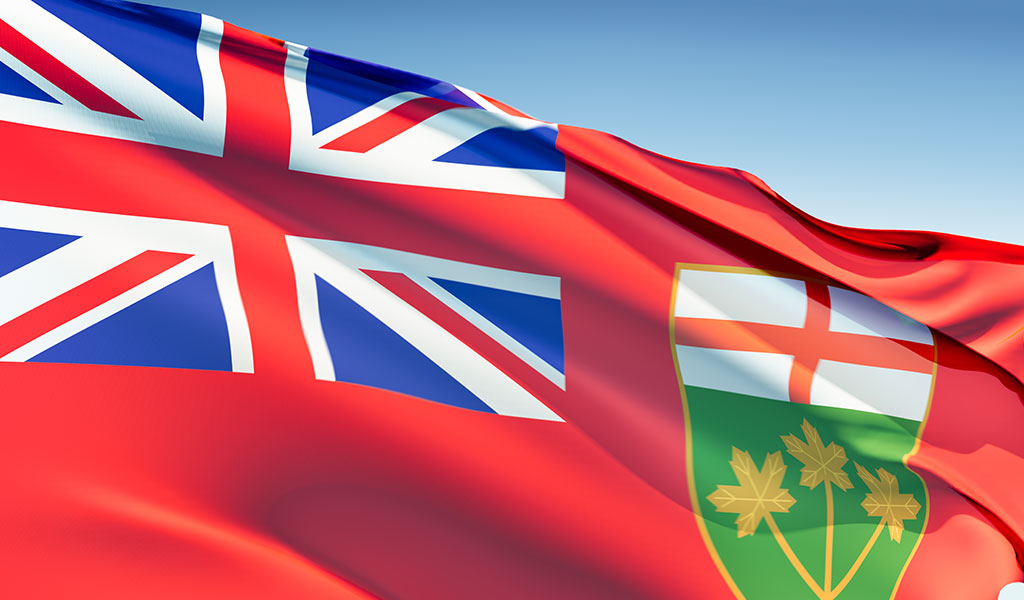Ontario government announces support for business and individuals – important update for Welch LLP clients
The Ontario government tabled its 2020 Economic and Fiscal Update, entitled Ontario’s Action Plan 2020 – Responding to Covid-19, on March 25, 2020. It included a significant number of programs and initiatives designed to support businesses and individuals in Ontario.
We have highlighted some of particular interest to Welch clientele. Text is largely extracted from the Government announcement(s).
Temporarily increasing the Employer Health Tax exemption
The government is proposing a temporary increase to the Employer Health Tax (EHT) exemption from $490,000 to $1 million for 2020. With this plan, more than 90 per cent of private-sector employers would not pay EHT in 2020. This will be retroactive to January 1.
Eligible private-sector employers with annual payrolls up to $5 million would be exempt from EHT on the first $1 million of total Ontario remuneration in 2020. The maximum EHT relief from the exemption would increase by $9,945 to $19,500 for 2020 for eligible employers. About 57,000 private-sector employers would pay less EHT, including about 30,000 who would not pay any EHT for 2020, effectively eliminating EHT for these employers for one year. The exemption would return to its current level of $490,000 on January 1, 2021.
Private-sector employers (except registered charities) with total annual Ontario remuneration over $5 million, and public-sector employers are not eligible for the exemption.
Although not specifically addressed in the Action Plan, the Employer Health Tax Act requires a sharing of the EHT exemption among associated employers.
The following link provides examples of impact depending on your level of payroll: https://budget.ontario.ca/2020/marchupdate/annex.html#ca-1
Deferral of WSIB payments
The financial relief package allows businesses to defer premium reporting and payments until August 31, 2020. Businesses who report and pay monthly, quarterly or annually based on their insurable earnings are eligible for this deferral.
Each customer reports and pays on the previous full month or quarter, for example March 31 reporting and payment obligation covers the period of February 1-29. The following payments are eligible for deferral:
- Monthly: March 31, April 30, May 31, June 30, July 31, Aug 31
- Quarterly: April 30, July 31
- Annual: April 30
The relief package also applies to Schedule 2 organizations – publicly funded organizations (municipalities, hospitals, school boards), and other businesses who are involved in federally regulated industries. All payment obligations (weekly and monthly) for Schedule 2 businesses will be deferred until August, 31, 2020.
No interest will accrue on outstanding premium payments and no penalties will be charged during this six-month deferral period.
Five month grace period on provincially administered taxes
Tax filing and remittance deadlines will remain the same. However, beginning April 1, 2020, penalties and interest will not apply to Ontario businesses that miss any filing or remittance deadline under select provincial taxes. This will continue for a period of five months. Relief is automatic, but, Ontario businesses are required to file any late returns or remittances by the end of the relief period.
This does not include accounts that are currently in arrears. Audit activities are also suspended in the short-term.
The following provincial taxes are included in the relief period:
- Employer Health Tax
- Tobacco Tax
- Fuel Tax
- Gas Tax
- Beer, Wine & Spirits Tax
- Mining Tax
- Insurance Premium Tax
- International Fuel Tax Agreement
- Retail Sales Tax on Insurance Contracts and Benefit Plans
- Race Tracks Tax
Regional Opportunities Investment Tax Credit
To support business investment in regions of the province where employment growth has been significantly below the provincial average, Ontario is proposing a new 10 per cent refundable Corporate Income Tax credit.
The Regional Opportunities Investment Tax Credit would be available to eligible businesses that construct, renovate or acquire qualifying commercial and industrial buildings in designated regions of the province, saving them up to $45,000 in the year.
An eligible corporation is a Canadian-controlled private corporation that makes qualifying investments that become available for use on or after March 25, 2020 in specified regions of Ontario would be eligible for the tax credit.
More details on this credit can be found at the following link:
https://budget.ontario.ca/2020/marchupdate/annex.html#ca-2
Electricity cost relief
The Government will reduce electricity costs for eligible residential, farm and small business consumers in an amount of approximately $1.9 billion through increases to the new Ontario Electricity Rebate (OER). This reduction should be built-in to regular billings, similar to the existing OER.
Support for parents
To help parents pay for the extra costs associated with the closure of schools and daycares during the COVID 19 outbreak, the government is providing a one-time payment of $200 per child up to 12 years of age, and $250 for those with special needs, including kids enrolled in private schools.
At the time of writing, we were not able to determine how this payment would be provided, but will monitor for any updates.
Further details on the Ontario announcement can be found here:
https://budget.ontario.ca/2020/marchupdate/index.html
https://budget.ontario.ca/2020/marchupdate/action-plan.html#section-1
https://www.wsib.ca/en/financialrelief
